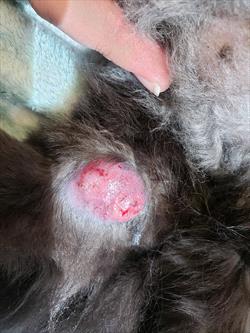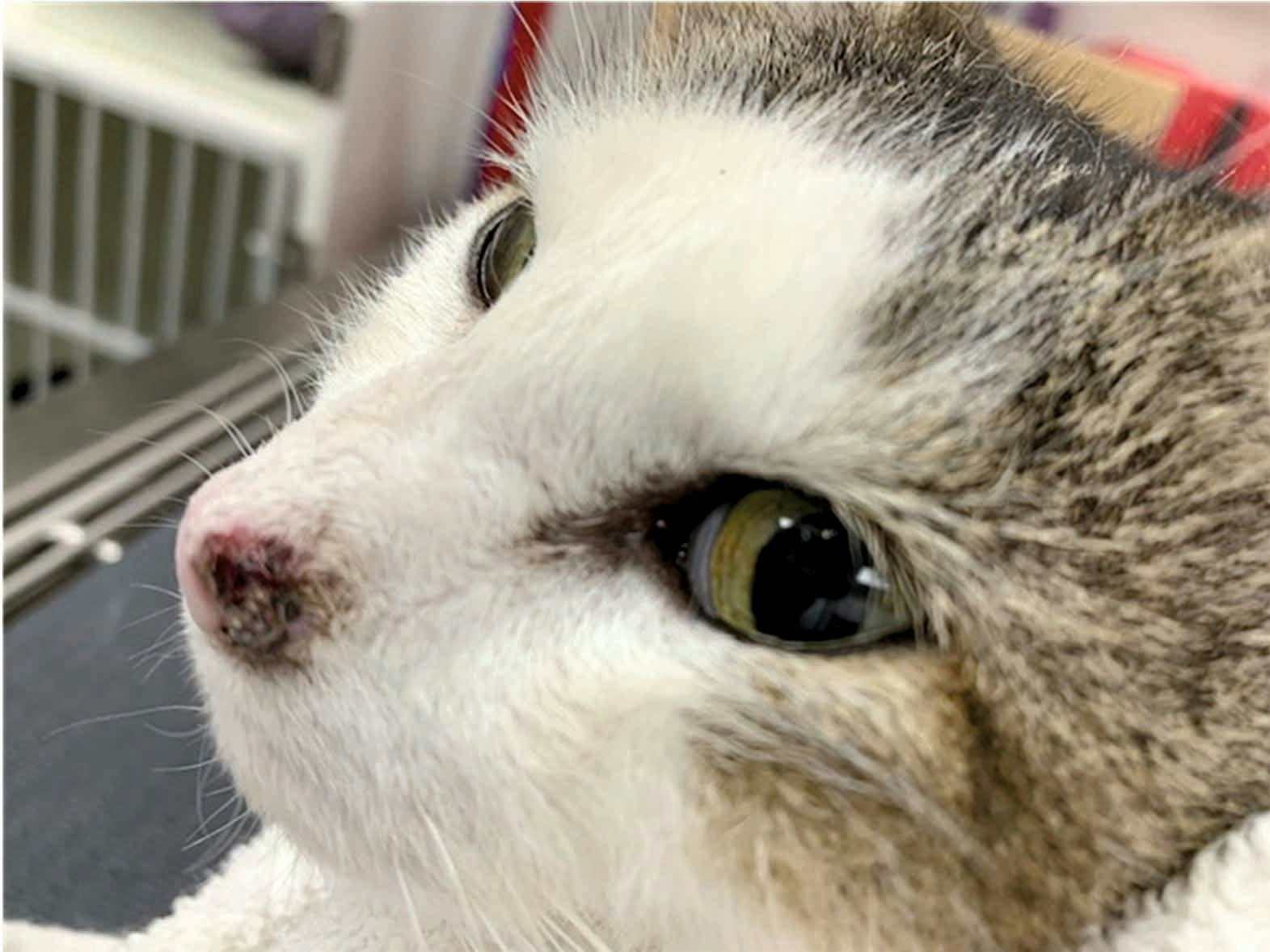gi lymphoma in cats vin
Most cats with GI LSA test negative for FeLV. In general lymphoma is a cancer of a type of white blood cell called a lymphocyte.
Vitamin B12 Deficiency In Cats The Role Of The Gut Animalbiome
Were approaching our 100 th study entrant which.
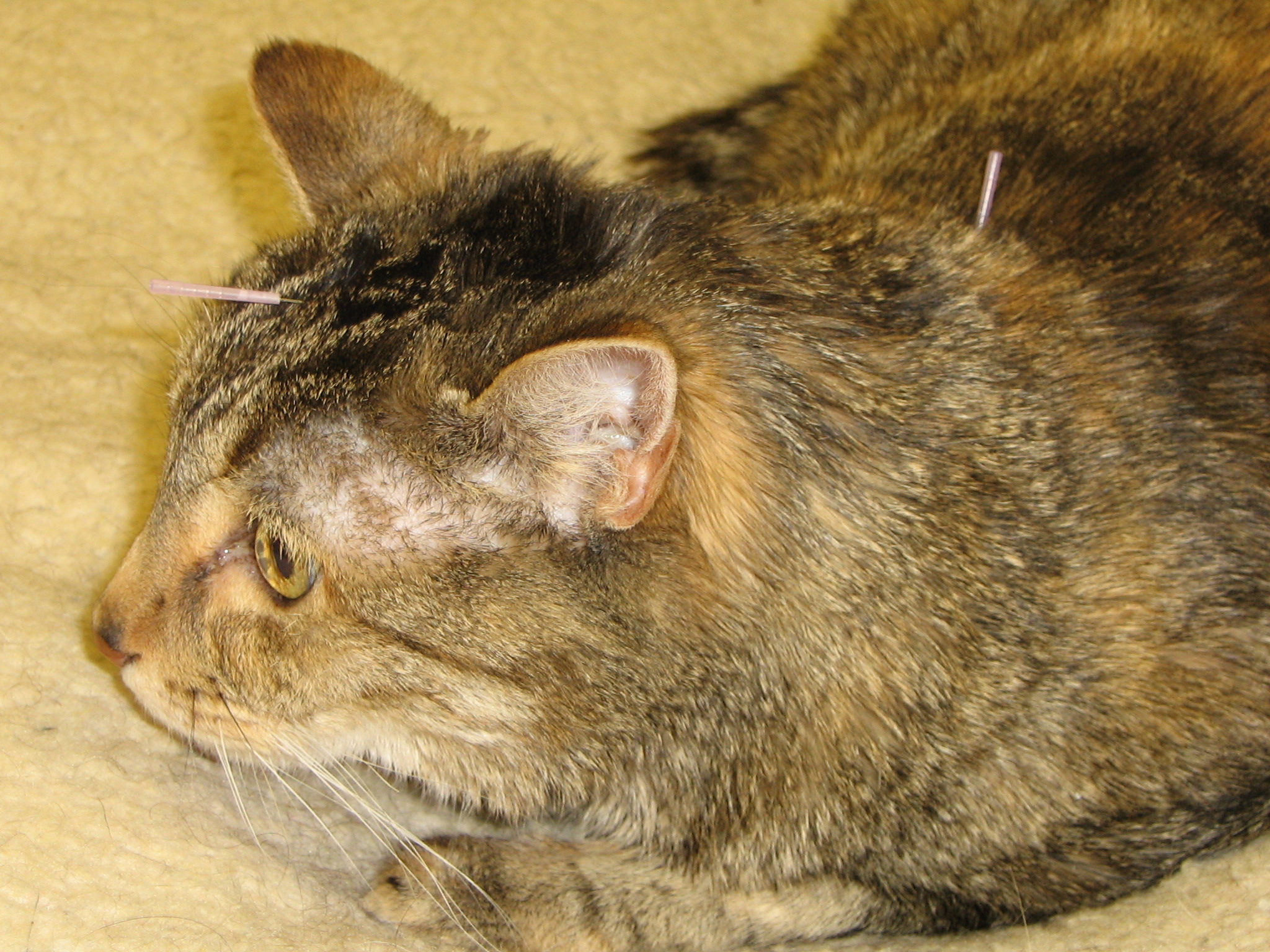
. Incidence and Causes of Gastrointestinal Lymphoma in Cats. This is by far the most common type of lymphoma in cats accounting for 50-70 of feline lymphoma cases. The causes are unknown but some factors such as breed genetic factors FeLV in cats and environmental factors can play an important role.
What Every Nurse Should Know about Lymphoma in Dogs and Cats - WSAVA2013 - VIN. Oftentimes this is a T-cell variant of lymphoma. The reported incidence of FeLV antigenaemia ranges from 0-38.
Feline GI lymphoma is histologically classified as low intermediate or high grade according to the size and anaplasticity of the neoplastic lymphoid cells. 47 Often the treatment and outcome of GI lymphoma are included with other forms of. The incidence of alimentary lymphoma between the pets with lymphosarcoma is around 7.
Low-grade gastrointestinal lymphoma may be more common than previously thought and these cats respond better to chemotherapy agents than cats with. It typically involves several areas of the GI tract and can involve multiple lymph nodes the spleen liver and the bone marrow and blood. Gastrointestinal lymphoma is often referred to as either well differentiated low grade or lymphocytic poorly differentiated high grade lymphoblastic or immunoblastic and intermediate or mixed.
Feline lymphoma presents in a multitude of anatomical forms with gastrointestinal GI lymphoma being the most frequent form of presentation. Voss Veterinary Teaching Hospital and the team from the Feline Cancer Core are excited about their growing understanding of gastrointestinal GI lymphoma in cats. Most cats are feline leukemia virus-negative and feline immunodeficiency virus-negative.
When the mediastinal lymph nodes become infiltrated with lymphoma a mass is apparent in the mediastinum and a cancerous fluid fills the chest restricting breathing. Lymphoma accounts for one third of all cancers developed by cats. Alimentary Lymphoma only accounts for 5-7 of all canine lymphoma cases.
Lymphocytes are present throughout the body so cats can develop lymphoma in multiple organs. Surgery chemotherapy radiation treatment and palliative care therapies that make patients feel better but dont directly address the underlying disease will often prolong and improve the quality of life for cats with cancer. Lauren Mingus June 30 2021.
Two years after their program began Dr. Lymphoma is classified by the location of the disease eg. Luckily it is just as responsive to medication as it is in the dog and prolonged remissions are common.
13 Although the GI form of the disease is most frequently encountered few reports exist that focus solely on treatment of the GI form. Gastrointestinal GI or alimentary lymphoma is the most common form of lymphoma in cats1-3. It is also the most common form of gastrointestinal neoplasia in cats.
Gastrointestinal tract kidney mediastinal and the size of the lymphocytes large cell versus. Find NHVs tried and tested pet lymphoma supplements in one holistic pack. High-grade GI lymphoma specifically is an aggressive form of cancer in cats which is often wide spread at diagnosis.
It is characterized by an infiltration of the gastrointestinal tract andor. In cats both gastrointestinal gi lymphoma and inflammatory bowel disease ibd present with chronic diarrhea and vomiting. Ad Help support the lymphatic system naturally and keep your pet comfortable.
It can also be found in the kidneys eyes central nervous system nose and skin. Los Angeles CA 90066. Lymphoma or lymphosarcoma LSA is a cancer of the cells of the immune system called lymphocytes.
Older studies suggested that the gastrointestinal location was less common than other anatomical locations however more recent studies suggest that a gastrointestinal location is the most common site. Lymphoma in cats veterinary partner vin. The differences in reported incidences may also be associated with.
Lymphocytic aka small cell or low grade alimentary lymphoma most commonly occurs in the GI tract in cats. Craig Webb professor of Small Animal Internal Medicine at the James L. Because lymphocytic inflammatory bowel disease IBD is a major differential for small cell GI lymphoma diagnosis requires full thickness ie surgical biopsies.
Lymphoma also called lymphosarcoma and other types of cancer may be diagnosed in cats with symptoms of gastrointestinal disease. 3850 Grand View Blvd. Lymphoma is the most common feline neoplasm and the most common gastrointestinal neoplasm.
Older cats tend to have gastrointestinal lymphoma without FeLV infection although tests more sensitive to low. Alimentary lymphoma affects the gastrointestinal tract. Treated 132 cats with primarily GI lymphoma 72 with most cats FeLV antigen negative and clinical substage b or sick with the AMC protocol.
In general cats with leukaemia or mediastinal lymphoma tend to be young and FeLV positive while cats with GI LSA tend to be older and are FeLV antigen negative. In that study 67 achieved complete remission with a first remission duration for all 132 cats of 49 months range 1 day-54 years and median survival time of 69 months range 05 month-56 years. Low-grade small cell lymphocytic feline GI lymphoma is composed of small relatively well-differentiated.
Alimentary lymphoma- It occurs in the gastrointestinal tract of dogs. Retrieved 29 April 2021 from. This form is much rarer than Multicentric.
It is most common in senior cats with the average age at diagnosis ranging from 9-13 years old. It is also the most common cause of hypercalcemia in cats a condition. It is common for dogs with lymphoma to have lymph nodes 3-to-10 times their normal size.
Treatment of Intestinal Lymphoma in Cats. Also environmental factors such as cigarette smoke may. Lymphoma is the most common feline neoplasm.
This term describes lymphoma that affects the gastrointestinal tract. Gastrointestinal lymphoma is a common cause of anorexia and weight loss in older cats with or without vomiting or diarrhea.

Subtle Signs Of Illness Veazie Vet

Lymphoma In Cats Veterinary Partner Vin

Palliative Care For Cats Vca Animal Hospital

Learn About Nasal Cancer In Cats Petcure Oncology

Intestinal Cancer Adenocarcinoma In Cats Petmd

Buy Blue Buffalo True Solutions Blissful Belly Digestive Care Chicken Flavor Premium Wet Cat Food 3oz In United States Cartnear Com Sensitive Stomach Cat Food Wet Cat Food Natural Cat Food
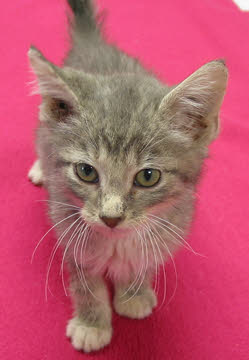
Feline Leukemia Virus Felv Veterinary Partner Vin
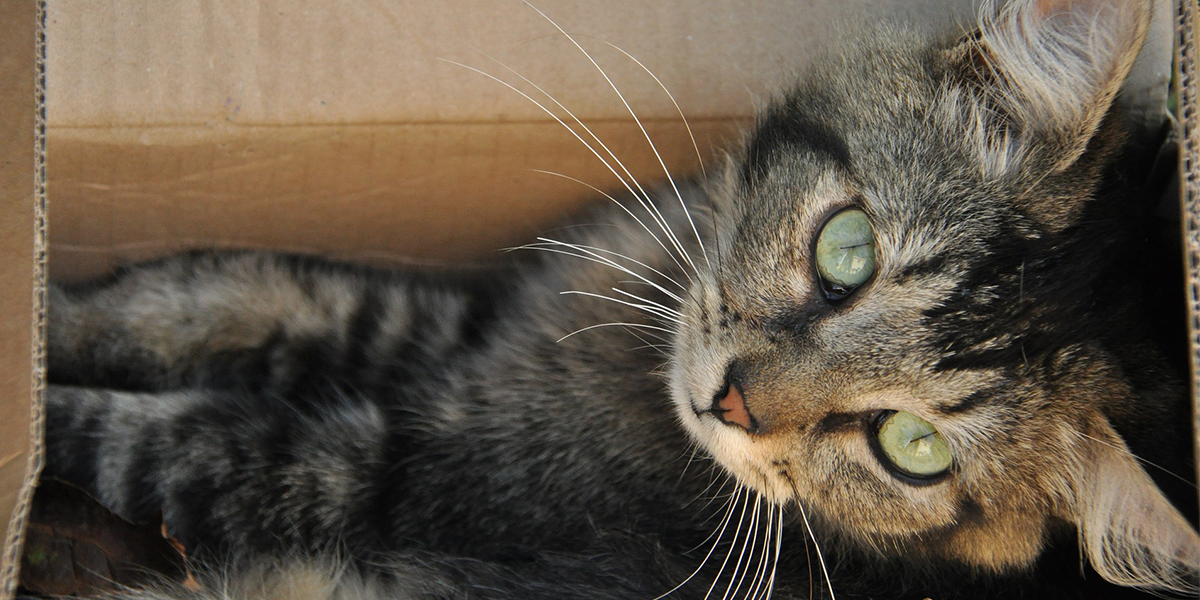
Pica In Cats International Cat Care
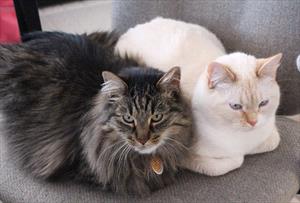
Infiltrative Bowel Disease In Cats Veterinary Partner Vin

Vomiting With Bile In Cats Petmd

Maropitant Use In Cats Today S Veterinary Practice

Diseases Of The Feline Nasal Planum Vet Focus
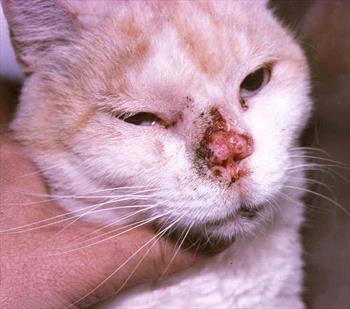
Nasal Squamous Cell Carcinoma In Cats Veterinary Partner Vin

Feline Aging Veterinary Clinics Small Animal Practice

Protrusion Of Third Eyelid In Cats

Hematochezia Blood In Stool In Cats
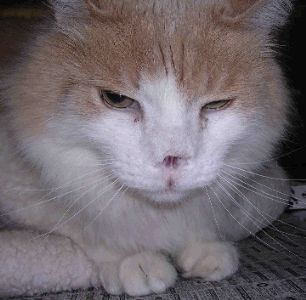
Nasal Squamous Cell Carcinoma In Cats Veterinary Partner Vin
